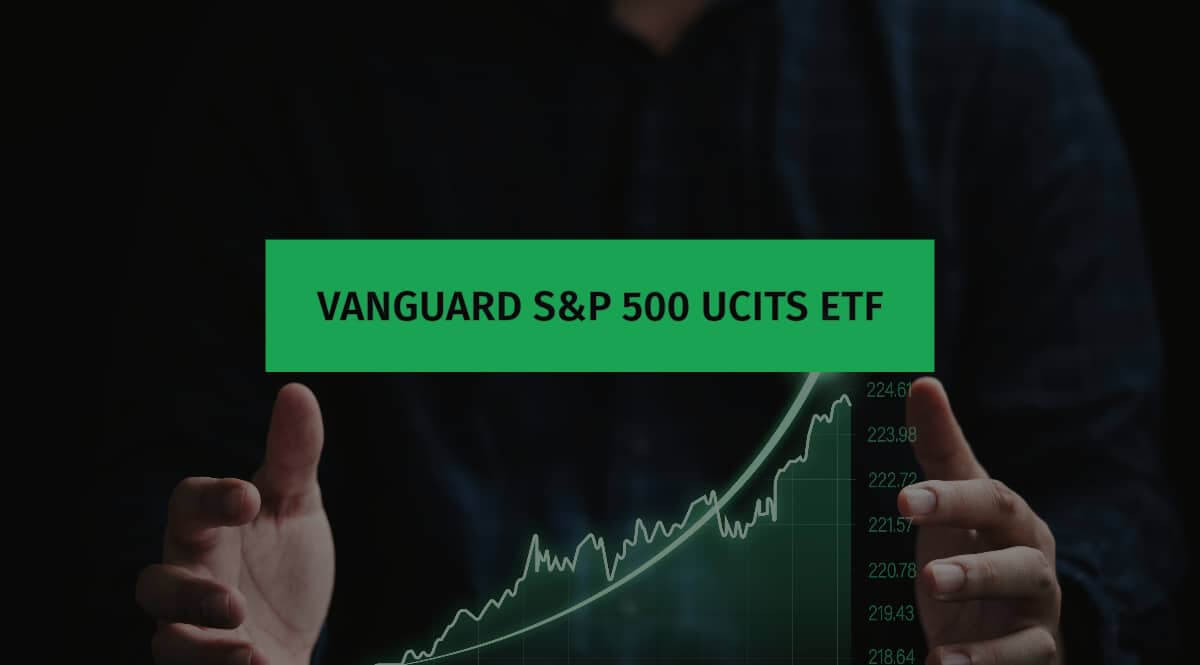
Is Vanguard S&P 500 UCITS ETF Good to Invest in?
Vanguard is one of the most prominent mutual funds besides Fidelity 500 Index, Goldman Sachs Liquidity and JPMorgan US Government Money Market Fund. Vanguard is a global heavyweight specializing in passive management and ETFs (Exchange Traded Funds). Is Vanguard S&P 500 UCITS ETF Good to Invest in? The answer is straightforward – yes it is. So here are some things you should know about this fund before investing in it.
The history of Vanguard funds
Bogle founded Vanguard in 1974, just over twenty years after graduating from the famous American university, Princeton.
He then created the first passive fund in history open to the public. There were a few passive funds before, but reserved for institutions. It was the first fund seeking to track an index, in this case, the S&P 500 which could be easily bought.
Today, Vanguard manages a little more than 5,000 billion dollars! It manages over 200 funds and ETFs. It has over 20 million customers worldwide.
Amundi has assets of a little over 1,000 billion euros (mainly in active management) and Lyxor 150 billion (half in passive management). In contrast, Blackrock (which uses its iShares subsidiary for ETFs) is even bigger.
Is Vanguard S&P 500 UCITS ETF Good to Invest in?

What is the Vanguard equivalent of the S&P 500?
VOO is the Vanguard equivalent of the S&P 500. The VOO ETF, created by Vanguard on 09/09/2010, is an exchange-traded fund that aims to provide comprehensive coverage of the US equity market’s Large Cap Blend segment.
This passively managed fund, sponsored by Vanguard, has accumulated assets worth over $329.89 billion, establishing its position as one of the biggest ETFs attempting to replicate the Large Cap Blend segment of the US equity market.
This fund provides core exposure to the US equity market and is one of the market leaders in this field. It is exceptionally low cost, easy to trade during normal market hours, and has a long-term track record. It is a straightforward fund that fulfils its role well.
Assets in ETFs worldwide and in Europe
But if Vanguard is a benchmark in passive management, it manages a large number of active funds for around 1 trillion euros. In reality, Vanguard isn’t opposed to active management. As long as it charges a “reasonable” fee. Vanguard announces average fees for its active funds of 0.2%.
To learn more about the history of Vanguard and the philosophy of John Bogle, you can read his book The Little Book of Common Sense Investing, a new edition of which was released at the end of 2017.
Vanguard only recently started to really roll out outside of the United States. For example, Vanguard has only offered ETFs in Europe since 2012. It now ranks 6th in terms of European ETF assets, with 30 billion under management. For example, Lyxor has twice as many assets in its ETFs.
Passive funds could be interesting. However, their availability depends on the distribution channel. It is not certain that you have access to the Vanguard range at your stock broker or in your life insurance. In addition, it is really necessary to check the brokerage fees, which can be high. This is why most savers will focus on ETFs.
Unlisted passive funds are distributed in different variants, in particular, according to the initial stake. Vanguard offers large institutional investors lower annual management fees. For example, the “World” passive fund costs 0.3% per year to a private investor and 0.15% to a large institution. There is no share type for ETFs. The Developed World ETF has management fees of 0.18% per annum (almost as cheap as the large institutional version of the unlisted passive fund)!




